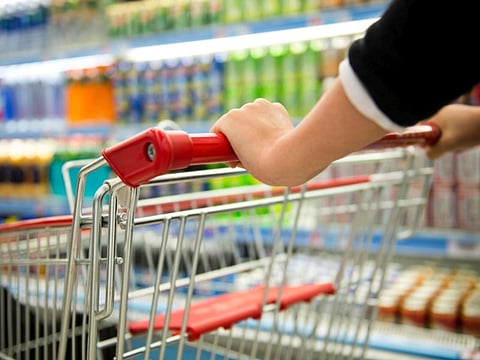TUESDAY, May 14, 2019 (HealthDay News) -- Implementation of a beverage excise tax on sugar-sweetened and artificially sweetened beverages in Philadelphia in January 2017 was associated with a reduction in the volume of beverages sold, according to a study published in the May 14 issue of the Journal of the American Medical Association.
Christina A. Roberto, Ph.D., from the University of Pennsylvania Perelman School of Medicine in Philadelphia, and colleagues compared changes in beverage prices and sales following implementation of the tax in Philadelphia versus Baltimore. Sales data were analyzed to compare changes before the tax (Jan. 1, 2016) and after the tax (Dec. 31, 2017) in 291 stores.
The researchers found that in the after-tax periods, the mean price per ounce of taxed beverages increased at all stores and taxed beverage volume sales per four-week period decreased in all store types. Philadelphia experienced significantly greater increases in taxed beverage prices and significantly larger declines in volume of taxed beverages sold in the after-tax period compared with Baltimore. After tax implementation, the total volume sales of taxed beverages in Philadelphia decreased by 1.3 billion ounces or by 51.0 percent. In the Pennsylvania border zip codes, however, volume sales increased by 308.2 million ounces, counteracting the reduction in Philadelphia's volume sales by 24.4 percent.
"Taxing sugar-sweetened beverages is one of the most effective policy strategies to reduce the purchase of these unhealthy drinks," Roberto said in a statement. "It is a public health no-brainer and a policy win-win."
Abstract/Full Text (subscription or payment may be required)
Editorial (subscription or payment may be required)


